 Social sciences
Social sciences
What does narcissism have to do with ecology?
Forms of national identity are linked to attitudes towards pro-environmental activities, argues a team of researchers from Toruń, Warsaw and New Zealand, including dr Adrian Wójcik from NCU Faculty of Philosophy and Social Sciences.
A group of researchers from the Nicolaus Copernicus University, the SWPS University in Warsaw, and the University of Waikato in New Zealand have for some time been scientifically looking at the relationship between different types of identifications with a group and attitudes towards, for example, science, vaccines and workplace behaviour. This time they were interested in the attitudes towards climate change mitigation policies, the attitudes towards pro-environmental measures and alternative energy sources. The researchers were interested in whether the attitudes towards these issues are related to the forms of national identity.
They have just published the results of their extensive research in the article "Secure and defensive forms of national identity and public support for climate policies" , which appeared in the journal PLOS Climate.
Security and defensiveness
Social identification, i.e., the extent to which an individual believes that a group is of some importance to their identity, may take two basic forms.
- The first one is a more secure form, when I feel I am a member of a particular group and I feel that I have a lot in common with the other members of the group. They are important to me and I associate positive emotions with them. The second, the so-called more defensive one, exemplified by collective narcissism, is largely based on comparing myself with other groups. It is a desire for my group to have some special status among others. This attitude is also associated with prejudice against foreign groups, which is not observed in the mor secure form of identity - explains dr Adrian Wójcik from the Department of Social and Environmental Psychology at the NCU Faculty of Philosophy and Social Sciences, one of the co-authors of the article and a member of the research group.
Individuals who are more committed to a defensive form of identity are particularly concerned with maintaining a positive image of their own group. "Image" is crucial here. Its defence may even be more important than the actual well-being of such a group. We presumed that, with regard to environmental protection, it would not be important what is actually done for the environment, but how the group is portrayed, how it is seen by others.
Researchers conducted two large survey studies in Poland. In total, more than a thousand people, representative of age, gender and education, took part. Among other things, they measured national narcissism, national identification and support for climate policies related to the introduction of the European Green Deal. The researchers were also interested in who was more willing to invest in alternative energy sources.
Climate narcissism
The first study showed that people with a so-called more secure identity were more friendly towards pro-environmental solutions. Among national narcissists, this support was significantly lower - in this group, there was a more pronounced acceptance of energy derived from fossil fuels.
It is interesting to note that the researchers did not find a link between support for nuclear energy and forms of national identification, but only a weak relationship with right-wing political views. This shows that the topic of nuclear energy is not politicised in our country.
In the second study, support for pro-environmental policies was shown to be dependent on the amount of funding allocated to enhance the country's green image. The willingness of participants to support image enhancement - in the case of those with higher levels of national narcissism - could be attributed to their desire for increased self-esteem. At the same time, those with higher levels of secure national identification sought increased funding for real pro-environmental measures.
For national narcissists, it is not really important what is actually done for the environment. What is more important is how they are portrayed. Hence the greater support for spending finances not on actual pro-environmental measures, but on improving the country's ecological image - explains dr Adrian Wójcik.
- In addition, people who narcissistically identify themselves with their own group are able to promote all sorts of anti-environmental policies just to emphasise the group's right to self-determination and sovereignty, the NCU researcher adds.

An example is the attitude towards the use of coal in the domestic energy sector. In this sector a change to alternative sources can be seen as externally imposed, and therefore, harming the sense of community. Sticking to tradition, in this case, is a sign of not giving in to pressure from external institutions.
Convincing the unconvinced
- The findings also have practical implications regarding the role of psychological needs in shaping support for the introduction of public policies aimed at climate neutrality - explains dr habil. Aleksandra Cisłak-Wójcik, SWPS University Prof. and head of the study. - It shows how political support can be mobilised among those who would not support such policies for the sole purpose of mitigating global climate change. Its successful implementation depends on showing how it meets the needs of both groups.
This article is produced in collaboration with the SWPS University
 NCU News
NCU News







 Social sciences
Social sciences
 Social sciences
Social sciences